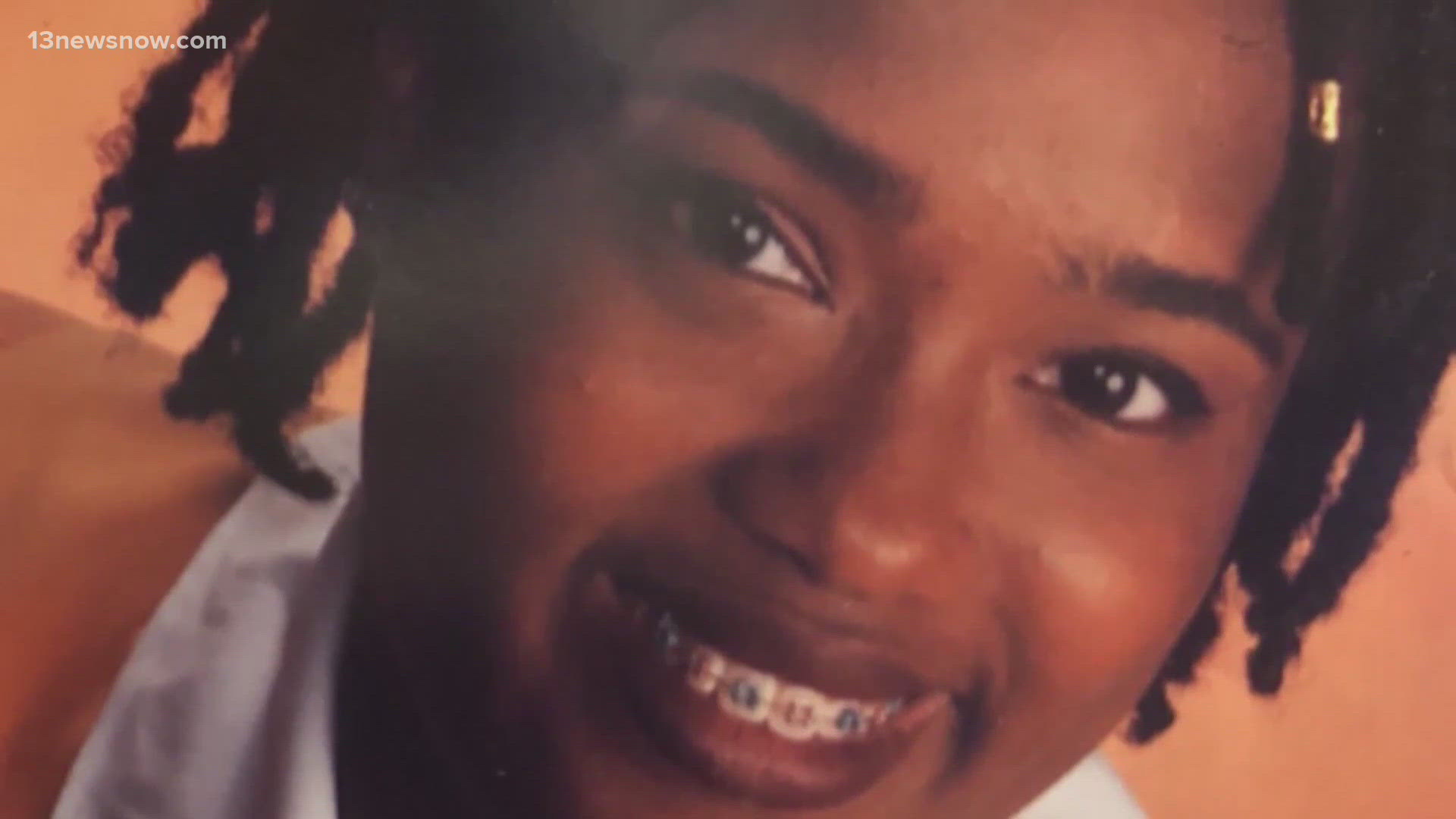NORFOLK, Va. — This week the Federal Communications Commission approved a new alert system code for missing and endangered people who do not fit the criteria for an Amber Alert or Silver Alert.
The Missing and Endangered Persons Emergency Alert System will make it easier to find people by sharing critical alerts over television, radio, and cell phones.
That includes searches for persons who fall under the Ashanti Alert, which was launched after 19-year-old Ashanti Billie was abducted out of Norfolk and later found dead in 2017. The alert covers missing or endangered adults between the ages of 18 and 64.
“It’s not just about Ashanti. It’s about helping others. It’s about helping other adults and families find their missing loved ones,” said Brandy Billie-Moore, the mother of Ashanti Billie.
According to the FCC, the goal is to spread alerts and information regarding coordinated responses more efficiently and to a wider audience. The unanimous vote took place on Wednesday.
“We just made it easier to find missing and endangered persons, particularly those from Indigenous and tribal communities,” read an FCC post on the social media platform, X. “It unanimously voted to create a new alert code, similar to AMBER Alerts, that will help reunite more families with their loved ones.”
According to the FCC, the problem is “acute in Tribal communities, where American Indian and Alaska Native people are at a disproportionate risk of violence, murder, or vanishing.”
In 2023, more than 188,000 people went missing in the United States and did not qualify for the Amber Alert, which activates for missing or abducted children 17-years-old and younger, according to the National Crime Information Center.
That was the case for Billie in 2017.
The 19-year-old woman was later found murdered in Charlotte, North Carolina. Billie was too old for an AMBER alert and too young for a Silver alert.
In 2018, Senator Mark Warner of Virginia helped push the Ashanti Alert Act to become a federal law. A few states, including Virginia, are currently piloting the Ashanti Alert, and Billie-Moore hopes the FCC vote will encourage more states to use the system.
“It’s not just about Ashanti. It’s about helping others. It’s about helping other adults and families find their missing loved ones,” she said. “Ashanti wasn’t just my daughter. She represents someone for everyone. She represents someone else’s daughter, sister, aunt, or uncle that could go missing under questionable or mysterious circumstances.”
Billie-Moore acknowledges feeling the process “lulled” for some time, especially during the COVID pandemic, but she’s glad to see the progress now.
“So for her to be able to still help humankind, help humanity, help people, that’s all we wanted. We just didn’t want her death to be in vain,” she said.

